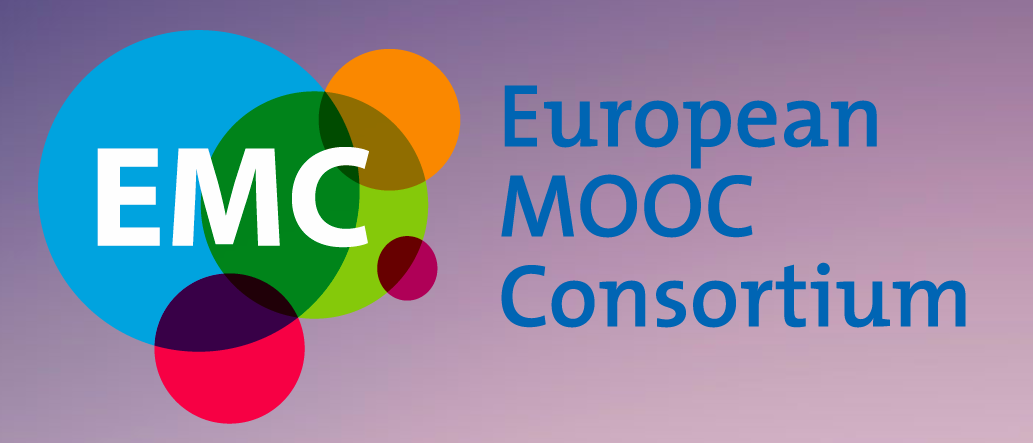Darco Jansen (Programme manager, EADTU) spoke about policies affecting OER use in higher education, questioning whether higher education has ever really changed that much in response to policy innovation. The full title of his talk: “Policy recommendations in the transition to open and online education: business models, policy incentives and the role of different stakeholders“.
Higher education institutions are obliged to fulfil certain social functions, such as workforce preparation. But there are many millions of unemployed Europeans, many of whom lack fundamental skills. Flexible and innovative learning approaches – such as open education – are one solution to this. European leaders have looked at open education as a solution to the recognised lack of training across Europe.
But what is the added value of open education? The emerging countries (e.g. BRIC) are using these resources to compensate for a lack of skilled professors or university provision. They recognise the value of such substitution, and many western countries are also beginning to so do. In the USA, access to higher education has increased by more than 500% since the mid 1980s (especially with textbooks) and so open education has a similar appeal.
Access: MOOCs increase accessibility, but who benefits from this? Only western universities have the resources to make MOOCs possible. Most students that participate in MOOCs already have access to higher education, or have completed a degree. So in what sense is access really being improved? In practice, most students are equally as disenfranchised as they were before MOOCs. MOOCs also suffer from a dropout rate that is many times higher than one would expect of a traditional university. MOOCs can be seen not as a solution, but as a symptom of what is wrong with higher education, and there is little evidence to support the idea that they are a positive force. MOOC may instead be seen as a way of recruiting strong students from a massive pool in order for them to enrol in a traditional programme of study.
MOOCs may nonetheless be seen as an agent of change – one which operates from outside the university instead of from within. Most MOOC authors are service providers who are located outside the university where they are more empowered to innovate and disrupt, such as in the example of the ‘flipped’ classroom where lectures are posted online and contact time is used for instruction.




Just a quick note: MOOCs are about (increasing) access, not about accessibility.